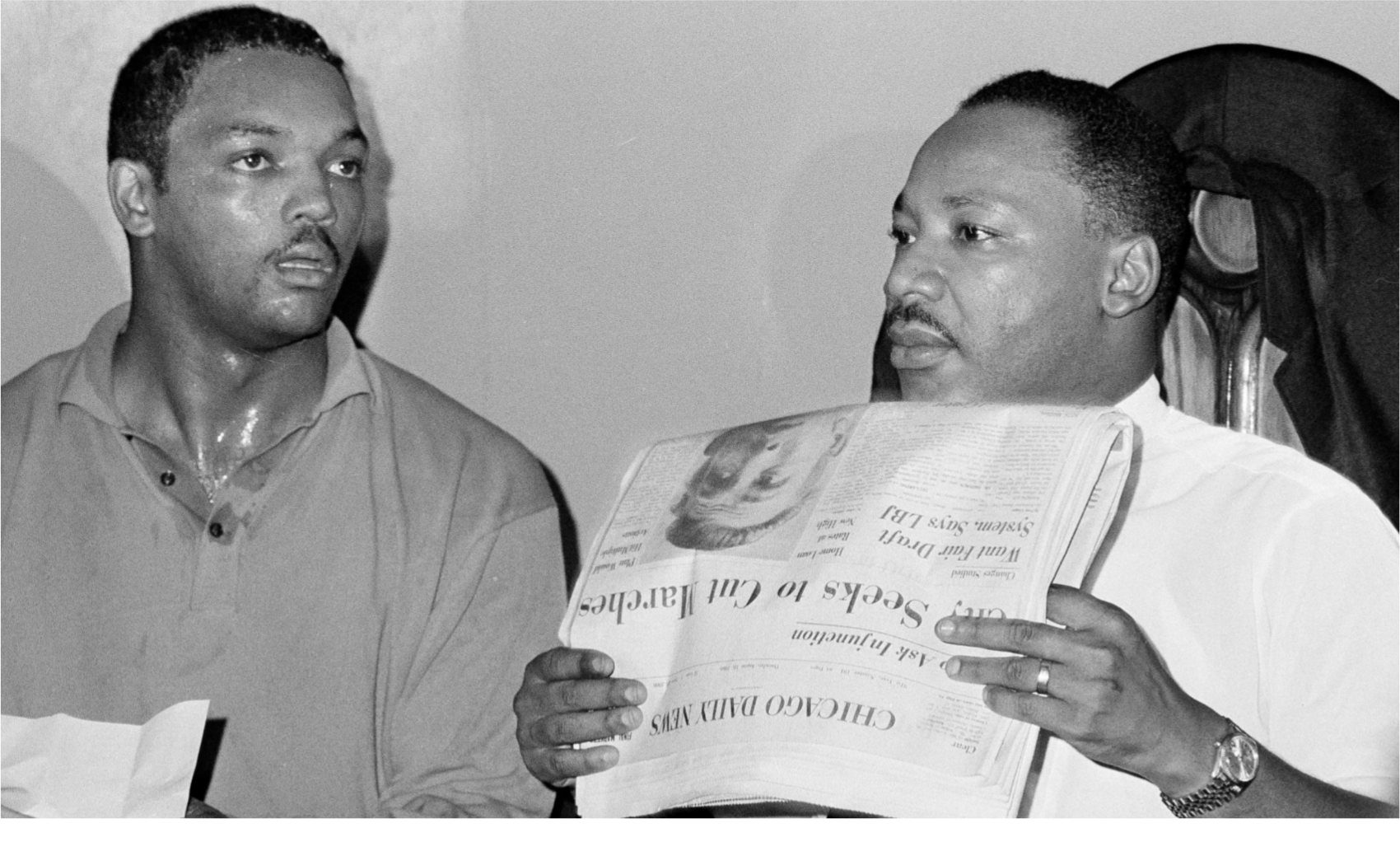(ThyBlackMan.com) Brian Wilson, the genius behind The Beach Boys and one of the most groundbreaking songwriters and producers in modern music history, has passed away. The news of his death has reverberated through the music world like a somber wave crashing upon the shore—echoing with the harmonies he once crafted, the personal demons he fought, and the legacy he leaves behind. May he rest in peace.
Born on June 20, 1942, in Hawthorne, California, Brian Douglas Wilson was a true prodigy. From an early age, he exhibited a remarkable ability to hear and reproduce complex harmonies. His musical gifts were evident, even as a child, and by the time he was in high school, it was clear that Brian wasn’t like everyone else. While other kids were content listening to the hits of the day, Brian was deconstructing them—studying their arrangement, their tone, their mood. His ears weren’t just good—they were golden.
Together with his younger brothers Carl and Dennis, cousin Mike Love, and school friend Al Jardine, Brian co-founded The Beach Boys. What started as a fun surf band with regional appeal would eventually transform into one of the most influential music groups in the world. And while the early surf hits—”Surfin’ Safari,” “Surfin’ USA,” and “Fun, Fun, Fun”—helped define California pop, it was Brian’s ambition, depth, and emotional complexity that would take the group far beyond their sand-and-surf beginnings.
Brian Wilson was the heart, soul, and brain of The Beach Boys. He didn’t just write their songs; he sculpted them. He arranged harmonies like a symphonic conductor. He layered sound in a way that no one else in pop music had done before. With “Pet Sounds” in 1966, Brian stepped into the stratosphere of music innovation. The album, which initially confused some fans expecting more of the same summer fun, is now regarded as one of the greatest records of all time. Paul McCartney famously said that “Pet Sounds” was the inspiration behind The Beatles’ “Sgt. Pepper’s Lonely Hearts Club Band.” That’s how influential Brian Wilson was—he inspired The Beatles at the height of their creativity.

“Pet Sounds” wasn’t just about sonic experimentation. It was a deeply personal album that reflected Brian’s inner emotional world. Tracks like “God Only Knows,” “Caroline, No,” and “I Just Wasn’t Made for These Times” are soaked in vulnerability, longing, and melancholy. Brian was not afraid to show the cracks in his soul. He wore his pain like a badge of honor. And in doing so, he connected with listeners on a level that went far beyond the pop charts. His songs didn’t just entertain—they consoled, comforted, and challenged.
Brian’s use of the recording studio as an instrument in itself was ahead of its time. Long before the term “producer” became a buzzword in pop culture, Brian was redefining what it meant to create music. He layered instruments that didn’t traditionally belong together. He pulled in cellos, harpsichords, flutes, and unconventional percussion. He employed the talents of The Wrecking Crew, an elite group of L.A. session musicians, to help him realize the sounds he heard in his head. But even with all the musicianship and technical prowess, it was always Brian’s vision that guided the ship.
However, genius often comes at a cost. And for Brian Wilson, that cost was mental health. Throughout his career, he struggled with debilitating anxiety, auditory hallucinations, and later, a diagnosis of schizoaffective disorder. As his fame rose, so did his inner turmoil. He withdrew from touring with The Beach Boys in 1964, citing his mental health and desire to focus on studio work. What followed were periods of great productivity punctuated by episodes of deep depression, drug abuse, and isolation.
Perhaps the most infamous chapter of Brian’s life was the years he spent under the heavy influence of psychologist Dr. Eugene Landy. While Landy initially helped Brian recover from some of his addictions and encouraged his return to music in the 1980s, he also exerted an unhealthy and abusive level of control over every aspect of Brian’s life—his money, his medication, even his social relationships. Eventually, a court order severed their relationship, but the damage lingered. Brian, who had always teetered on the edge of fragility, had once again been victimized in his most vulnerable state.
And yet, through all the darkness, the music never truly stopped. Brian Wilson’s solo career in the 1980s and 1990s saw flashes of brilliance. While not as commercially successful as his earlier work, albums like his 1988 self-titled release and 1995’s “Orange Crate Art” reminded the world that his gift was still intact. But it was in the early 2000s that Brian shocked the world once more by completing “Smile”—his long-lost masterpiece.
Originally begun in the mid-1960s as the ambitious follow-up to “Pet Sounds,” “Smile” had become a kind of myth in rock history. Often referred to as the greatest album never released, it was abandoned amid Brian’s spiraling mental health and the pressures of both bandmates and the industry. Bootlegs circulated for decades, and fans speculated what could have been. Then, in 2004, nearly 40 years after it was conceived, Brian finished and released “Smile” as a solo effort. It was a triumph—not only musically, but spiritually. To hear that album was to witness an artist reclaiming a lost part of himself.
Brian’s live performances in his later years were deeply emotional affairs. Fans knew they were not watching a man who had been untouched by time. They were watching someone who had been through hell and had emerged—scarred, but standing. His voice may not have had the same range, but it carried the weight of every note he had ever written. And when he performed “God Only Knows” or “Surf’s Up,” it felt like time stopped. These were no longer just songs—they were testaments.
He was inducted into the Rock and Roll Hall of Fame in 1988 as a member of The Beach Boys, and over the years he received countless awards, including a Grammy Lifetime Achievement Award. But perhaps the greatest recognition came from fellow musicians and fans who revered him not only for his genius but for his resilience. Artists as diverse as Elvis Costello, Fiona Apple, Thom Yorke, and Questlove have spoken reverently about Brian’s influence. He was a musician’s musician, a songwriter’s songwriter.
Despite all the accolades, Brian Wilson never seemed hungry for fame. What he wanted was love, peace, and a sense of calm that often eluded him. He once said, “My mission is to spread the word of love.” And in so many ways, he did exactly that. His music brought beauty into a world that often felt cold and chaotic. His harmonies offered warmth. His lyrics offered introspection. And his life, with all its tragedy and triumph, offered hope.
Brian’s death marks the end of an era, but not the end of his presence. His influence is baked into the DNA of modern music. Every time a band explores layered harmonies, every time a producer dares to break convention in the studio, every time a singer dares to be raw and emotionally honest—they are echoing Brian Wilson. His legacy will outlive the radio formats, the streaming algorithms, and the charts. Because his music wasn’t just built for the moment—it was built for eternity.
As fans around the world reflect on his passing, many will return to “Pet Sounds,” to “Smile,” to “In My Room,” and “Wouldn’t It Be Nice.” They’ll hear the ocean in his music. They’ll hear longing, nostalgia, and innocence. They’ll hear someone who, even in his most broken moments, found the courage to create something beautiful.
May Brian Wilson rest in peace. And may his music continue to heal, inspire, and uplift. He may be gone, but the melodies he gifted us will never fade.
Staff Writer; Jamar Jackson
This brother has a passion for sports, poetry and music. One may contact him at; JJackson@ThyBlackMan.com.

















Leave a Reply